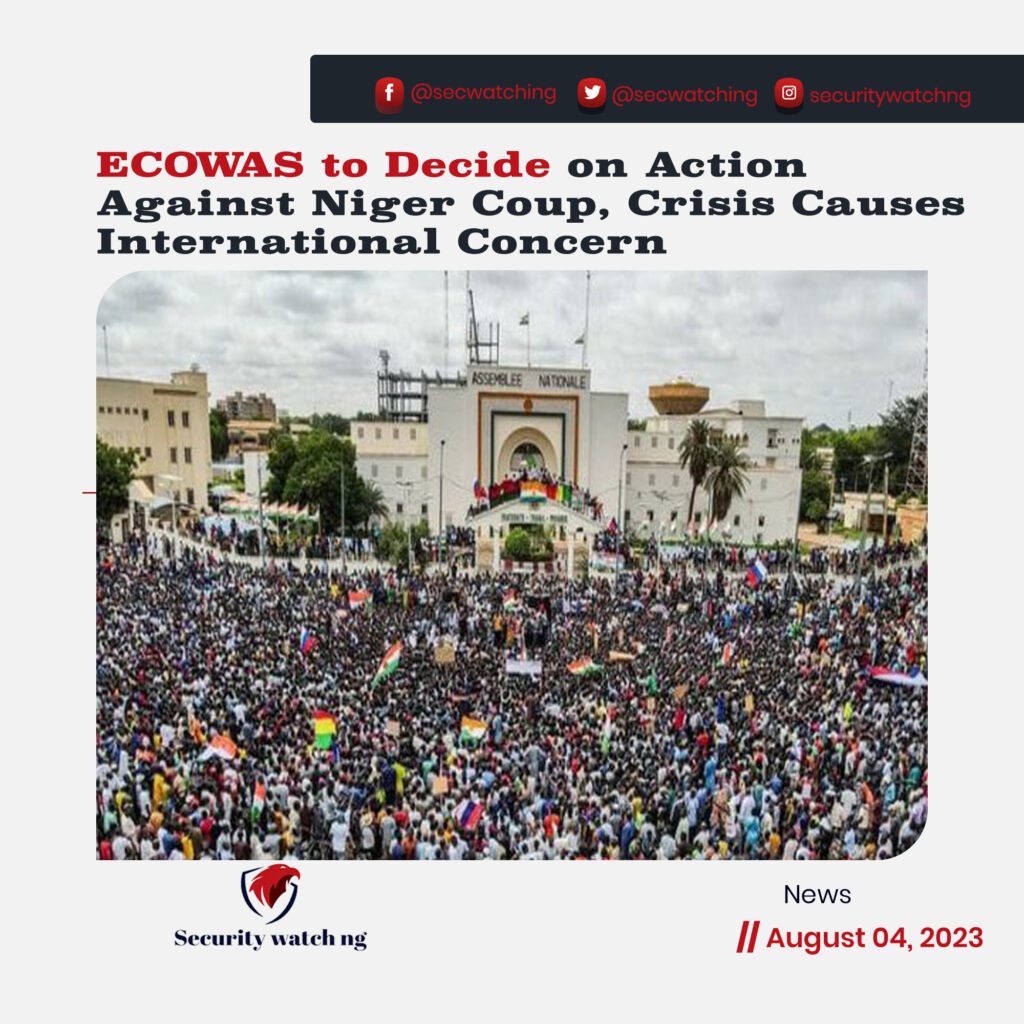
West African Nations Consider Intervention in Niger as Coup Crisis Persists
Efforts to resolve the political crisis in Niger following last week’s coup have reached a critical juncture. West African nations, under the umbrella of the Economic Community of West African States (ECOWAS), were set to determine on Friday whether to intervene if the coup remains in place beyond the weekend. Mediation attempts have so far failed to bring about a resolution, causing growing concerns among global powers.
The ECOWAS has adopted a firm stance against the ousting of President Mohamed Bazoum, viewing it as the seventh coup in West and Central Africa since 2020. With Niger’s significant deposits of uranium and oil, as well as its crucial role in the fight against Islamist rebels in the Sahel region, key world players such as the United States, China, Europe, and Russia are closely monitoring the situation.
Despite Niger’s status as one of the world’s poorest nations, heavily dependent on foreign aid to sustain nearly half of its budget, the Dutch government has decided to cut cooperation with the country, joining other Western nations in doing so.
Led by 59-year-old presidential guard commander Abdourahamane Tiani, the new military junta has followed the footsteps of Mali and Burkina Faso by revoking military cooperation agreements with former colonial power France. This move has the potential to reshape the ongoing fight against Islamist militants, not only in Niger but also in the broader region.
Paris, which strongly condemns the coup, has a substantial presence in Niger, with between 1,000-1,500 troops involved in combating groups associated with al Qaeda and the Islamic State. Additionally, the United States, Germany, and Italy have stationed troops in Niger, underscoring the country’s pivotal role in the global battle against terrorism.
